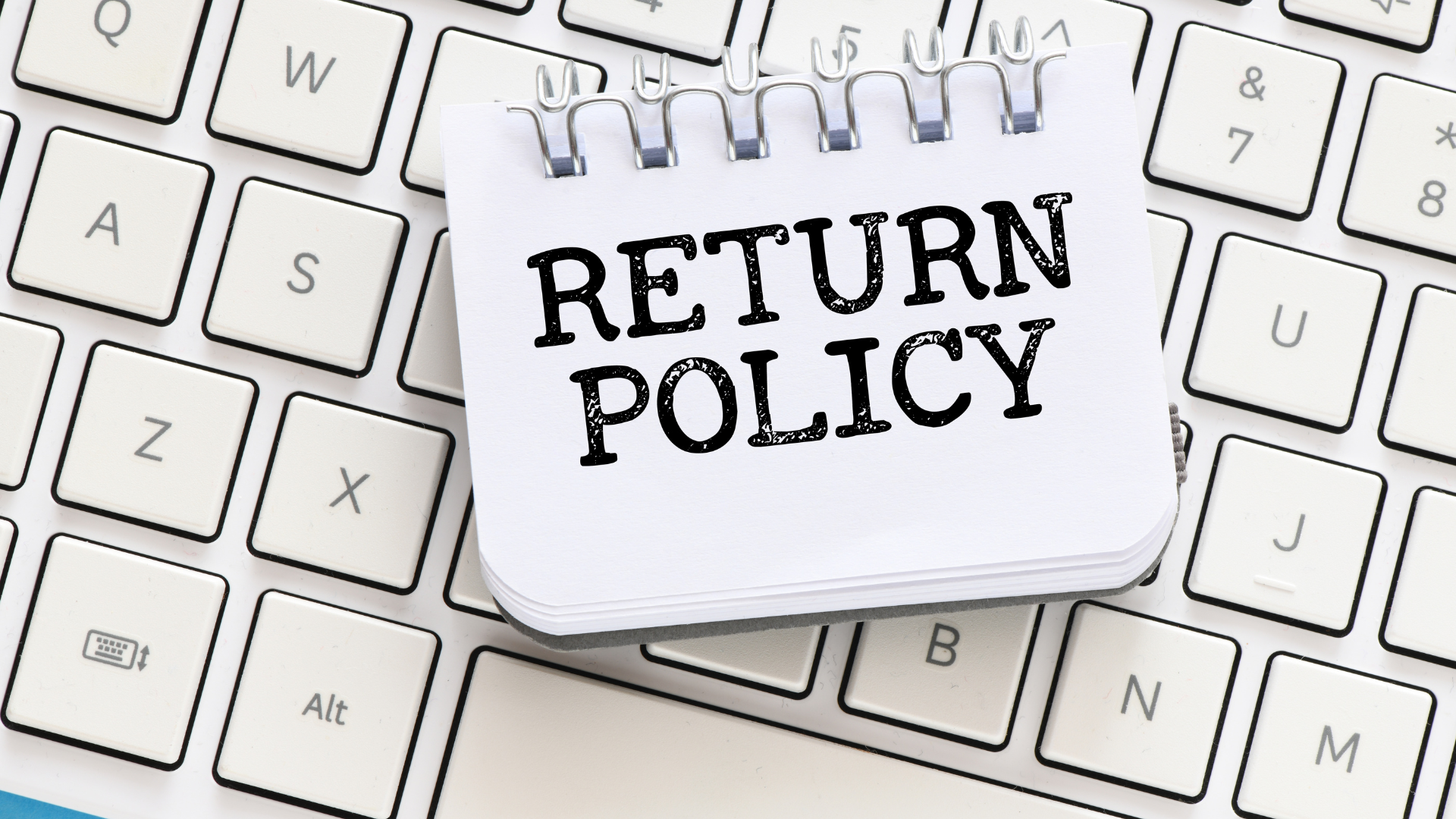Return-to-Office Pressure Drives Resentment

Pressure to Return to the Office Is Driving Resentment Among UK Workers
As flexible working continues to define the future of employment, new findings suggest the UK may be facing a growing disconnect between employer expectations and employee preferences. According to people2people UK’s 2025 Market Report, more than half of workers feel increasing pressure to spend additional time in the office, a shift that is impacting engagement and retention across multiple sectors.
Liz Jones, Recruitment Director at people2people UK, says that rigid workplace policies are now a leading contributor to candidate reluctance and employee churn.
"Our data shows that 54 percent of UK employees feel pushed to return to the office more than they want to," she explains. "This pressure is not just inconvenient. It is reshaping how people view their current roles and future opportunities."
Where the Pressure Comes From
The 2025 Market Report found that much of the drive to return to the office stems from top leadership, with executive teams leading the call for more on-site presence. This push is not always aligned with performance metrics or employee feedback.
"This is not about output or productivity," says Jones. "It is about outdated assumptions. Leadership often equates visibility with value, but that mindset is increasingly out of step with how modern teams work best."
The mismatch between executive expectations and employee needs is contributing to declining morale, particularly in office-based roles that could easily operate on a hybrid basis.
Flexibility Still Matters
Despite the push to increase office attendance, flexibility remains a top priority for candidates and employees. The Market Report confirms that roles offering flexible working continue to receive more applications, fill faster, and maintain lower turnover rates.
"Flexibility is not a temporary trend," Jones adds. "It is now a standard part of what professionals expect. Candidates are telling us clearly that how they work matters just as much as where or for whom."
The data reveals that teams which embrace flexible models tend to report stronger engagement, better collaboration, and improved retention outcomes, especially in sectors such as tech, finance, and professional services.
What Employers Should Do
To stay competitive, Jones advises that employers need to reevaluate their return-to-office strategies with both data and empathy in mind. people2people UK recommends:
- Involving employees in setting attendance expectations
- Tailoring policies by role, function, and team needs
- Communicating the reasons for on-site requirements clearly and consistently
- Measuring the impact of attendance policies on productivity and engagement
"One-size-fits-all approaches no longer work," Jones notes. "Companies that listen to their teams and create flexibility within structure will outperform those that rely on top-down mandates."
Looking Ahead
As the labour market continues to evolve, the ability to offer meaningful flexibility will be a deciding factor in who attracts and retains top talent. The 2025 UK Market Report shows a strong correlation between adaptive working policies and long-term business resilience.
"Employers have a choice," Jones concludes. "They can lead with trust and flexibility, or risk losing great people to those who do."
Grow your career and teams with people2people
In business since 2005 in Australia, NZ, and the United Kingdom, people2people is an award-winning recruitment agency with people at our heart. With over 12 offices, we specialise in accounting and finance, business support, education, executive, government, HR, legal, marketing and digital, property, sales, supply chain, and technology sectors. As the proud recipients of the 2025 RCSA and SEEK Outstanding Large Agency Awards, we are dedicated to helping businesses achieve success through a people-first approach.
Recent articles

Latest PR features
Copyright 2026, people2people Recruitment







